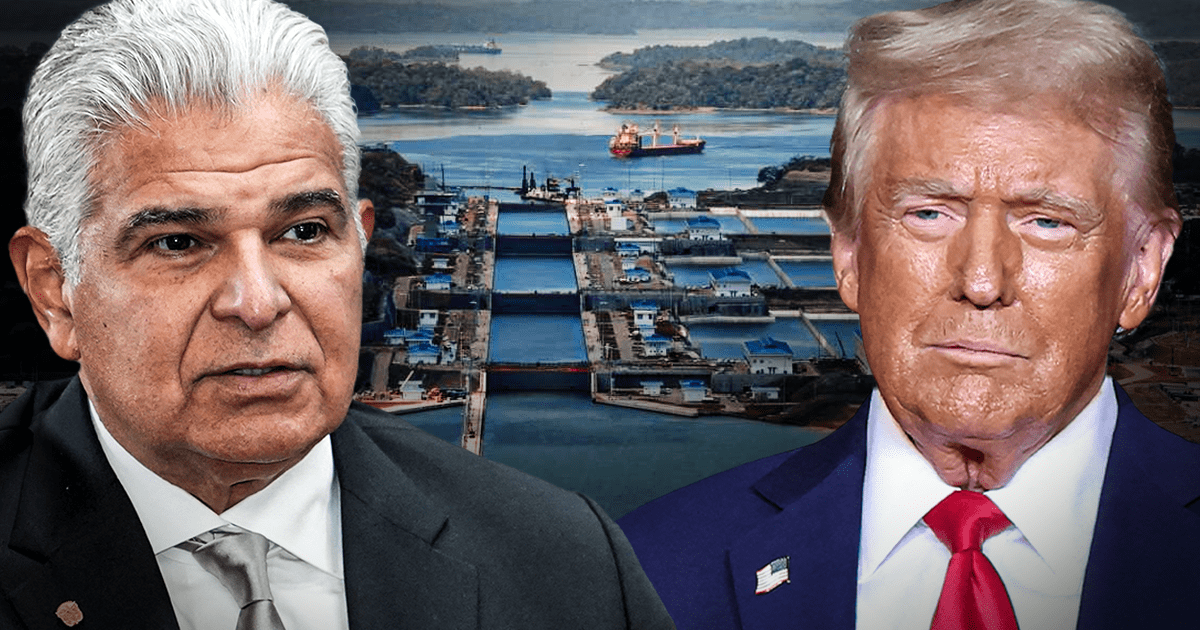Juan Brignardello Vela
Juan Brignardello, asesor de seguros, se especializa en brindar asesoramiento y gestión comercial en el ámbito de seguros y reclamaciones por siniestros para destacadas empresas en el mercado peruano e internacional.




The Permanent Commission of the Congress of the Republic is preparing for a crucial debate this Friday, December 27, which could mark a significant change in the way political parties in Peru are financed. On the agenda is a bill that seeks to allow the return of private financing through companies, a topic that has generated polarized positions among different sectors of society, including businesspeople and politicians. The context of this discussion is not insignificant. At the end of November, the full Congress had approved, with a narrow vote, a preliminary question that returned the substitute text to the Constitutional Commission. This decision was applauded by some but also criticized by others who argue that this return could open the door to so-called "dirty money." In this sense, the debate is framed within a context where transparency and ethics in politics are increasingly demanded by citizens. Fuerza Popular legislator Arturo Alegría has reactivated the discussion by presenting a reconsideration request that was approved almost at the close of the last legislature. This has allowed the topic to resurface and for the implications of a return to private financing to be discussed in the electoral landscape of the country. The current proposal contemplates that political parties can receive contributions from natural and legal persons, although a maximum limit of 200 Tax Units (UIT) per year is established, equivalent to S/ 1,030,000. This threshold has been raised from the S/ 618,000 that was previously allowed, suggesting an interest in enhancing the financing capacity of parties in view of the general elections in 2026. However, the proposal has also been subject to criticism. Some sectors warn that raising the financing limits could encourage corruption and the undue influence of business interests in politics. They argue that a return to these practices could weaken the already fragile public trust in political institutions and in the democratic system as a whole. Supporters of the proposal argue that transparent and regulated financing could strengthen democracy by allowing parties with good proposals and programs to compete on equal terms. This position has been backed by organizations like ComexPerú, which view positively the possibility for companies to contribute to political campaign financing, as long as a framework of transparency is maintained. One of the most controversial elements of the bill is the treatment of "confidential" contributions. The proposal stipulates that the names of contributors will not appear on the receipts of the transfers made to the parties' accounts, which has raised concerns about the possibility of maintaining opacity in political financing. Critics argue that this lack of transparency could facilitate the entry of illicit capital into politics, a phenomenon that has already been the subject of scandal in the past. In an attempt to ensure a clearer management of funds, the proposal includes measures that require parties to keep a detailed record of contributions, although many wonder whether these regulations will be sufficient to deter corrupt practices. The need to strengthen control and auditing mechanisms has become a cry among citizens demanding greater accountability. The upcoming discussion in the Permanent Commission will not only seek to decide on the return of private financing but could also redefine the role of companies in Peruvian politics. The possibility that corporate contributions could become a vehicle for influencing policy formulation raises fears about the balance of power between the state and economic interests. Ultimately, the outcome of this discussion will have repercussions not only in the political sphere but also in the public perception of politics and the economy in the country. As the debate intensifies, civil society is watching closely, hoping that the decisions made in this meeting will be reflective and aimed at a more robust and transparent democracy. The future of electoral financing in Peru is at stake, and the voices of citizens are more relevant than ever in this process.
Airplane Accident In Kazakhstan Leaves 67 Passengers On Board And Multiple Injured.

Aerial Tragedy In Kazakhstan: A Plane Crashes Leaving 38 Dead And 29 Injured.
Ukraine Accuses Russia Of Downing Azerbaijan Airlines Plane In Kazakhstan.


